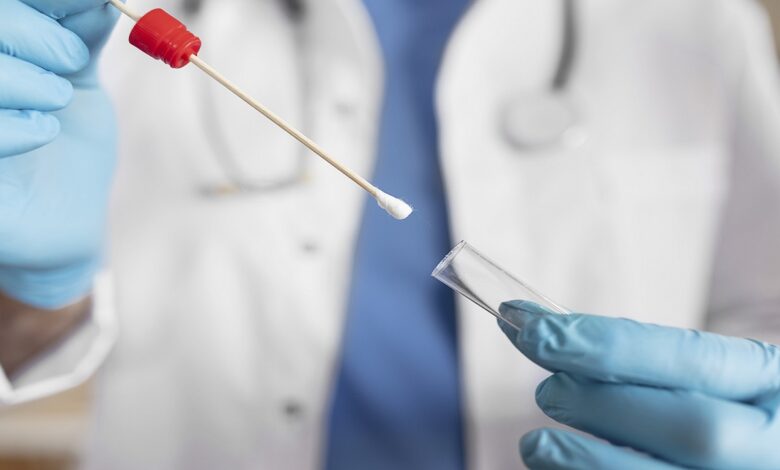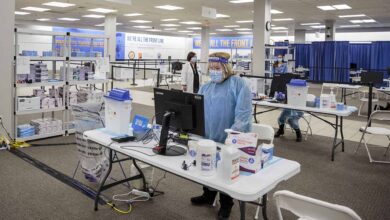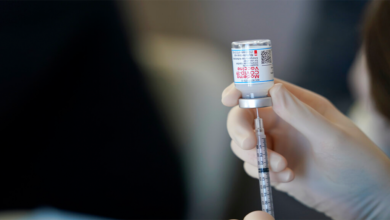How does the Delta variant differ from original strain?

The highly transmissible Delta variant rapidly spreading in the U.S. and spurring some calls for masks regardless of vaccination status harbors over a dozen mutations, some of which are linked to vaccine escape and heightened spread from person to person, experts say.
The B.1.617.2 strain, first identified in India and associated with the country’s deadly second surge, is estimated to spread 40-60% more readily than the concerning Alpha variant that dominated the U.S. by April, which itself was some 50% more transmissible than the original strain.
“It appears that the Delta variant is fitter and faster as it has acquired several mutations that appear to give it the ability to outwit our immune system and give it an advantage over other strains,” Dr. Ravina Kullar, infectious diseases specialist, epidemiologist and adjunct faculty at David Geffen School of Medicine at UCLA, wrote to Fox News.
COVID-19 VACCINES REDUCE VIRAL LOAD, SEVERITY IN BREAKTHROUGH CASES, STUDIES FIND
Kullar notes four of at least 13 mutations reside in the gene encoding for the virus’ spike protein (D614G, T478K, L452R and P681R), sparking concern over vaccine escape and heightened viral spread. However, Kullar cited a study out of the U.K., which found two doses of the Pfizer and AstraZeneca vaccine were highly effective (96%, 92%, respectively) at stopping hospitalization due to the Delta variant.
However, those not yet vaccinated are susceptible to an increased hospitalized risk and poor outcomes following infection. The mutations make human antibodies less successful in attacking the virus, lending to its increased transmissibility, according to Dr. Aaron E. Glatt, chief of infectious diseases and hospital epidemiologist at Mount Sinai South Nassau. More specifically, one mutation lets the virus bind to human airway cells more tightly, resulting in more infections and a higher viral load in an infected person, compared to the original strain, while another mutation weakens the immune system’s ability to respond.
“Taken together, the mutations allow the Delta variant virus to spread more quickly and make infected people sicker,” said Dr. Janko Nikolich-Zugich, PhD, professor and chair of the department of immunobiology at University of Arizona College of Medicine. “Importantly, those individuals receiving all the recommended doses of the approved vaccines seem well protected even against Delta. Those who are not immunized may experience a very difficult and possibly deadly course of disease.”
CLICK HERE FOR COMPLETE CORONAVIRUS COVERAGE
Rapid spread of the concerning Delta variant emphasizes the need for vaccinations, experts say, with Dr. Anthony Fauci previously estimating the strain doubles in prevalence about every two weeks.
“As SARS-CoV-2 continues to spread, it will continue to make copying errors, and if we don’t slow its spread then this ‘race of the variants’ will continue – rewarding the most infectious variants with more victims,” said Dr. Stuart C. Ray, professor of medicine and oncology at the Johns Hopkins School of Medicine.
Many reports have also noted a so-called “Delta plus” variant, which Kullar described as an “offspring” to the Delta variant, and harbors another mutation to the spike protein, K417N.
“It has increased transmissibility, stronger binding to the receptors of lung cells and potential reduction of the efficacy of monoclonal antibodies. How it differs from the Delta variant in terms of transmissibility is yet to be determined,” she wrote. “Currently, the delta variant rather than the Delta plus variant seems to be the primary driver of cases increasing in those parts of the U.S. with low vaccination rates.”
Source link






